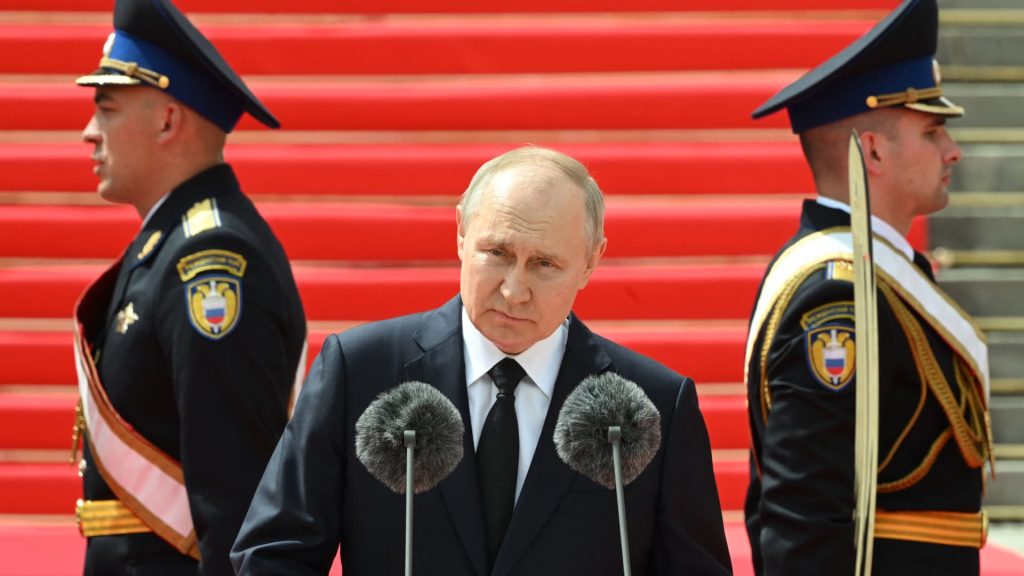Russian President Vladimir Putin has recently signed a decree announcing the routine spring conscription campaign in Russia. This campaign will call up 150,000 citizens for statutory military service. In Russia, all men are required to undergo a year-long military service or equivalent training during higher education starting at the age of 18. In July, the lower house of parliament in Russia voted to raise the maximum age for conscription to 30 from 27, with the new legislation coming into effect on January 1, 2024.
Compulsory military service has always been a sensitive topic in Russia, where many men try to avoid being conscripted during the twice-yearly call-up periods. Conscripts cannot be legally deployed to fight outside Russia and were exempted from a limited mobilization in 2022, which gathered at least 300,000 men with previous military training to fight in Ukraine. However, some conscripts were unintentionally sent to the front lines in error. In September, Putin signed an order calling up 130,000 people for the autumn campaign, and last spring, Russia planned to conscript 147,000 individuals.
The Russian government’s decision to increase the maximum age for conscription reflects their efforts to strengthen the military and ensure a steady supply of personnel. The conscription campaign aims to maintain the necessary manpower for the Russian armed forces, especially as tensions with neighboring countries, such as Ukraine, remain high. The conscription process is a crucial aspect of Russia’s national defense strategy, and it plays a significant role in enabling the country to respond effectively to potential security threats.
Although conscription is mandatory in Russia, the issue has raised concerns and controversies, with many men seeking ways to avoid military service. Some individuals may seek exemptions or deferments, while others may resort to legal or illegal means to evade conscription. The conscription system in Russia has faced criticism for its lack of transparency, fairness, and efficiency, leading to debates about potential reforms to improve the process. Despite these challenges, the Russian government continues to prioritize conscription as a vital component of its defense strategy.
The spring conscription campaign in Russia, calling up 150,000 citizens for military service, highlights the country’s ongoing commitment to maintaining a strong and capable military force. The conscription system plays a crucial role in ensuring the readiness and effectiveness of the Russian armed forces, particularly in addressing security challenges and potential threats. While the issue of conscription remains a contentious topic in Russia, the government’s decision to increase the maximum age for military service reflects its determination to strengthen its defense capabilities and maintain a reliable source of personnel for the armed forces.
Overall, the spring conscription campaign in Russia underscores the importance of the military service in the country’s national defense strategy. As tensions persist in the region and security threats remain, the Russian government continues to prioritize conscription as a key element of its defense policy. While the conscription system has faced criticisms and controversies, the government’s efforts to improve and refine the process demonstrate its commitment to maintaining a strong and capable military force. With the spring conscription campaign underway, Russia seeks to ensure the readiness and preparedness of its armed forces to address evolving security challenges and safeguard the country’s interests.















